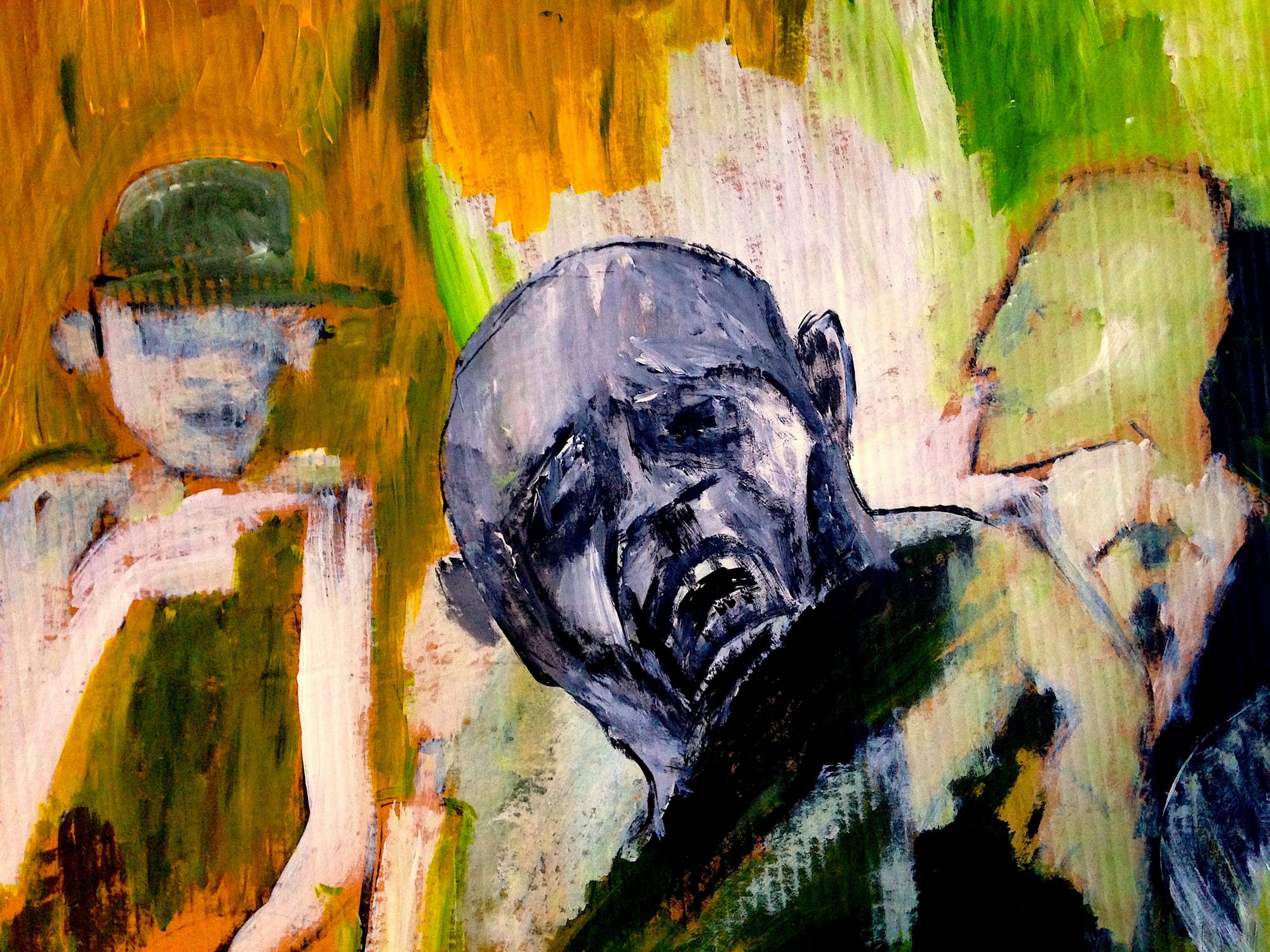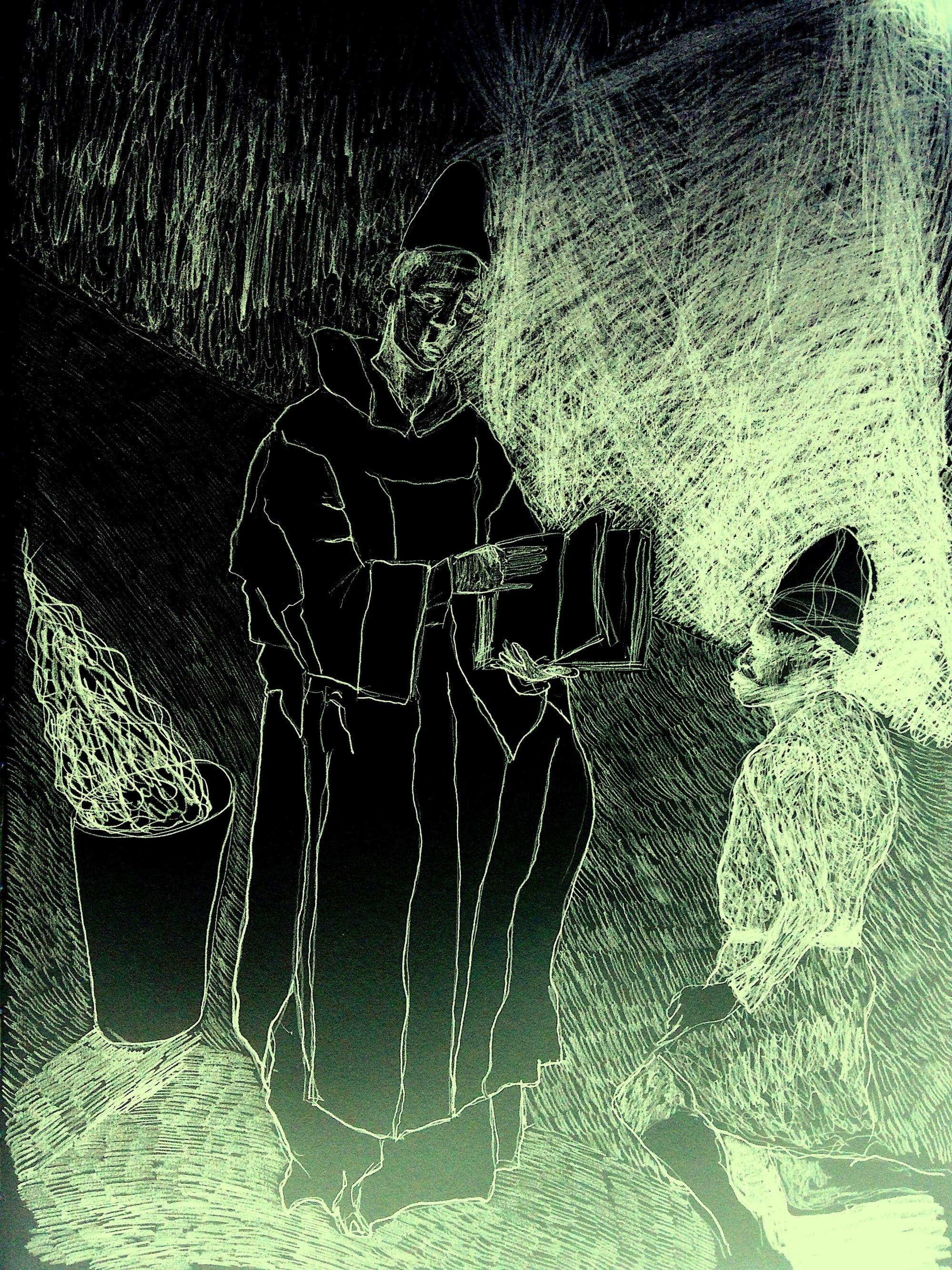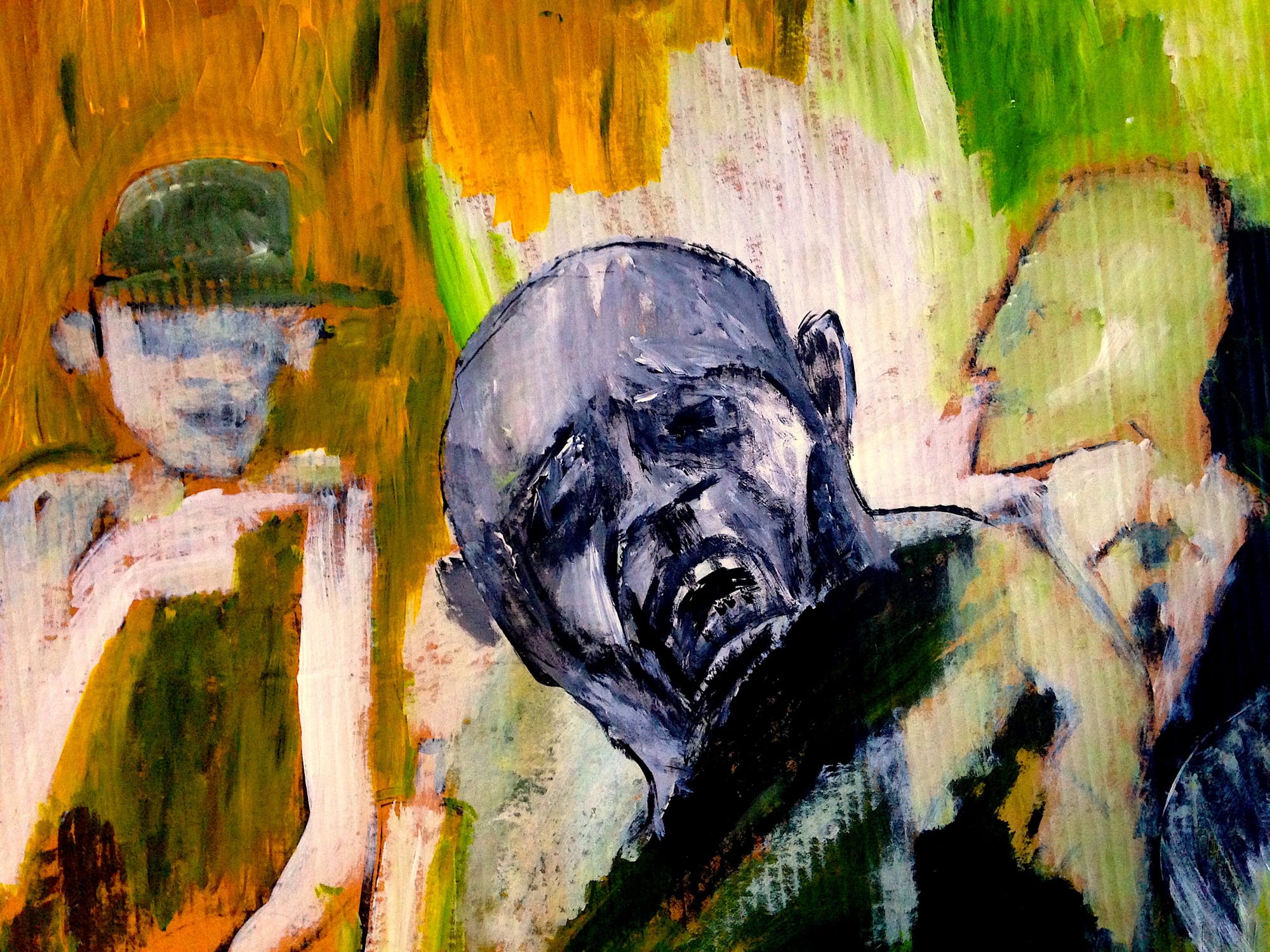Coronavirus pics 47: George Floyd Mereology 8

'...Of the ten cities with the highest per capita fatal police shootings of civilians, only one approaches a majority-black population — Baton Rouge (50.4 percent black), followed closely by St. Louis (49.2 percent) with Las Vegas trailing well behind (11.1 percent). Of the remaining cities, the black population constituted less than 3 percent: Kingman, Arizona (.04 percent black); Las Cruces, New Mexico (2.4 percent); Billings, Montana (.08 percent); Pueblo, Colorado (2.4 percent); Rapid City, South Dakota (1.1 percent); Westminster, Colorado (1.23 percent); and Casper, Wyoming (1 percent). Black Lives Matter protests have galvanized opposition to police abuse, but clearly, there are neighborhoods and communities in the US hinterlands that some on the Left have written off, that endure over-policing, violence, and precarity but fall out of the race-centric, metropolitan framing of these problems favored by activists and academics...
... if black political life has become more complicated over the last half century by the extensive integration of the black population into the consumer society, the expansion of the black middle class, the process of black political incorporation, and the worsening conditions of the most submerged segments of the black working class, why should we recuperate racial identity politics, however refined, as a framework for understanding our times and as a basis for political organizing?
...We should certainly condemn and fight racism in all its manifestations. However, in political life, we should also proceed from a careful investigation of the felt needs, shifting political positions, and expressed interests of blacks and all other Americans, rather than assuming black exceptionalism — that African Americans constitute a discrete political constituency who can never find common cause with nonblacks. This is simply not true. The irrationality and falsehood of such thinking becomes especially clear when we rehearse the historical evolution of the carceral state, which was made possible through a circuitous and tragic combination of a social forces that were not limited to the Reagan-Bush rendition of the War on Drugs, white suburban voter anxieties, and myths of black criminality alone.'
Cedric Johnson

